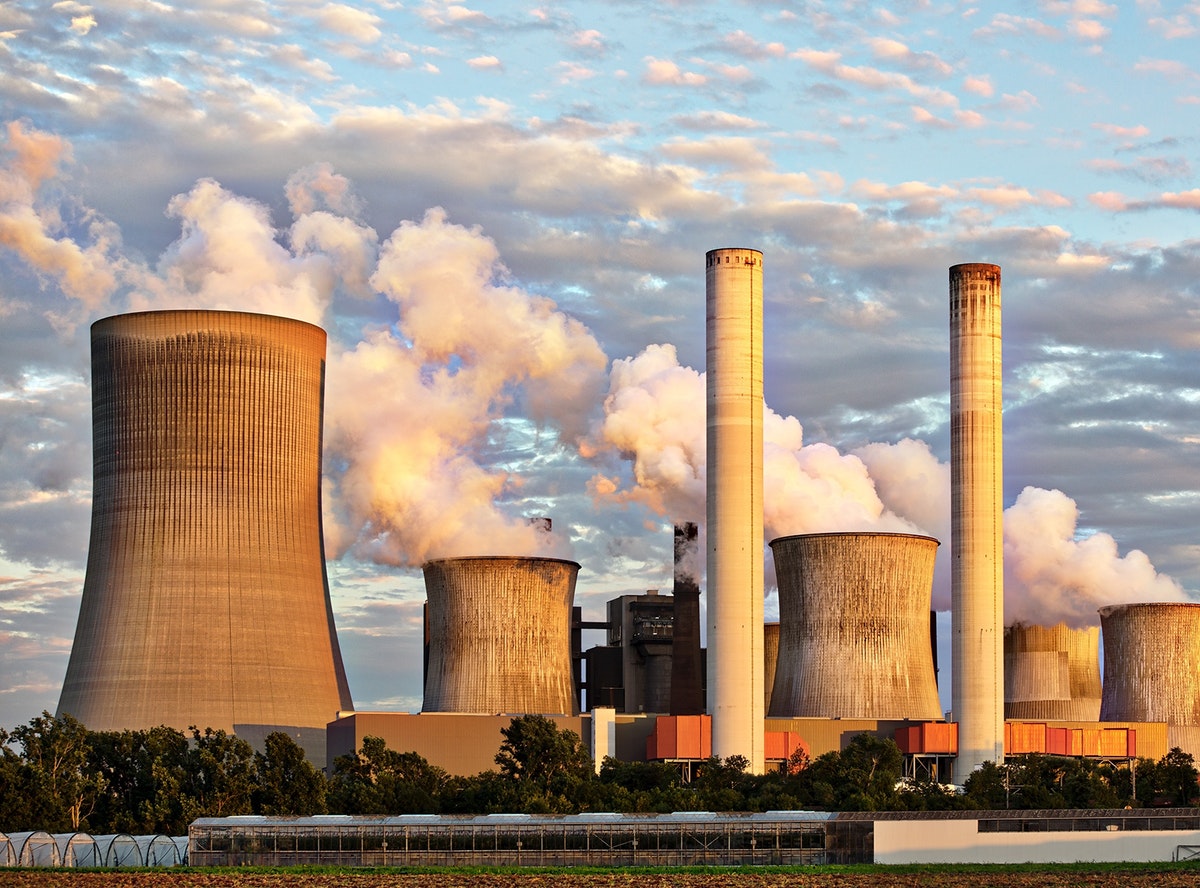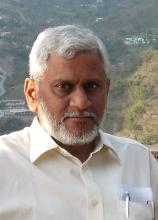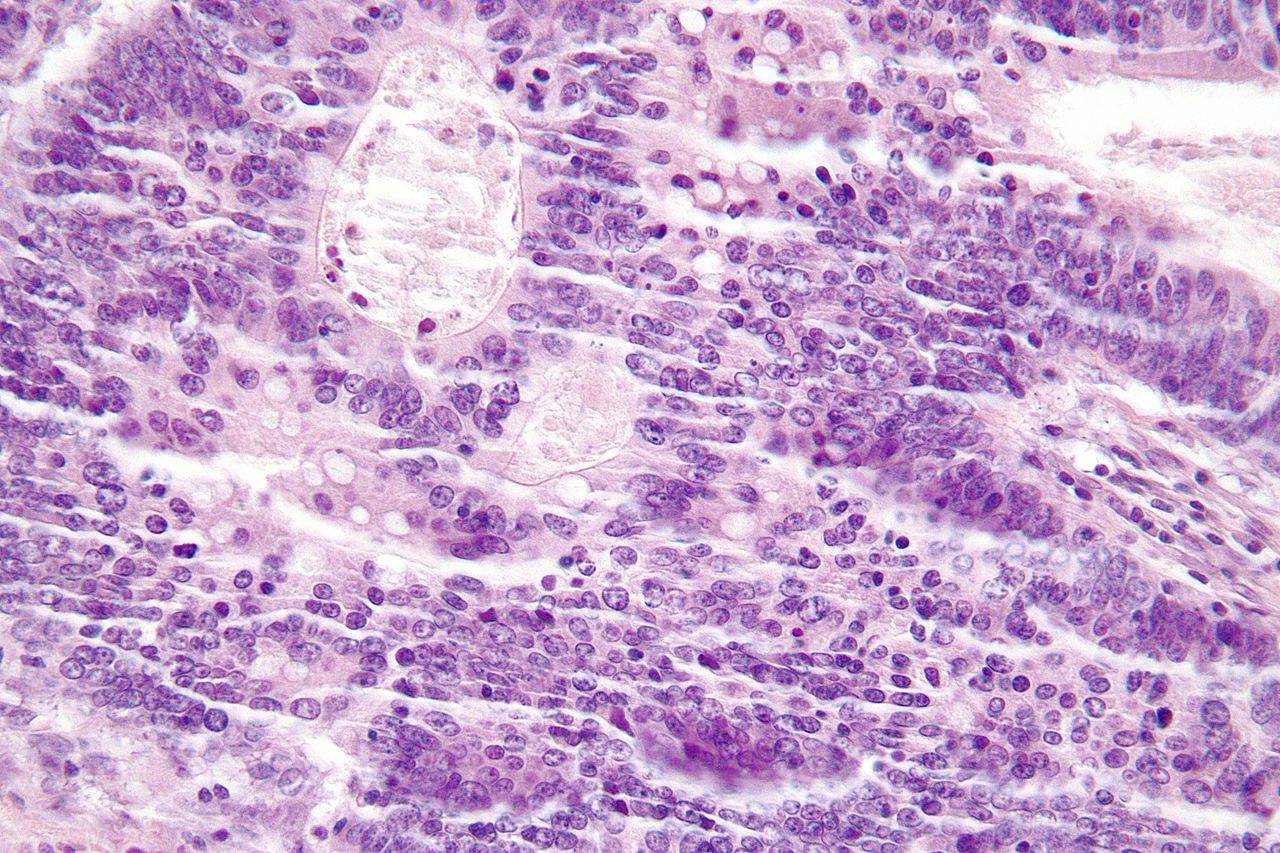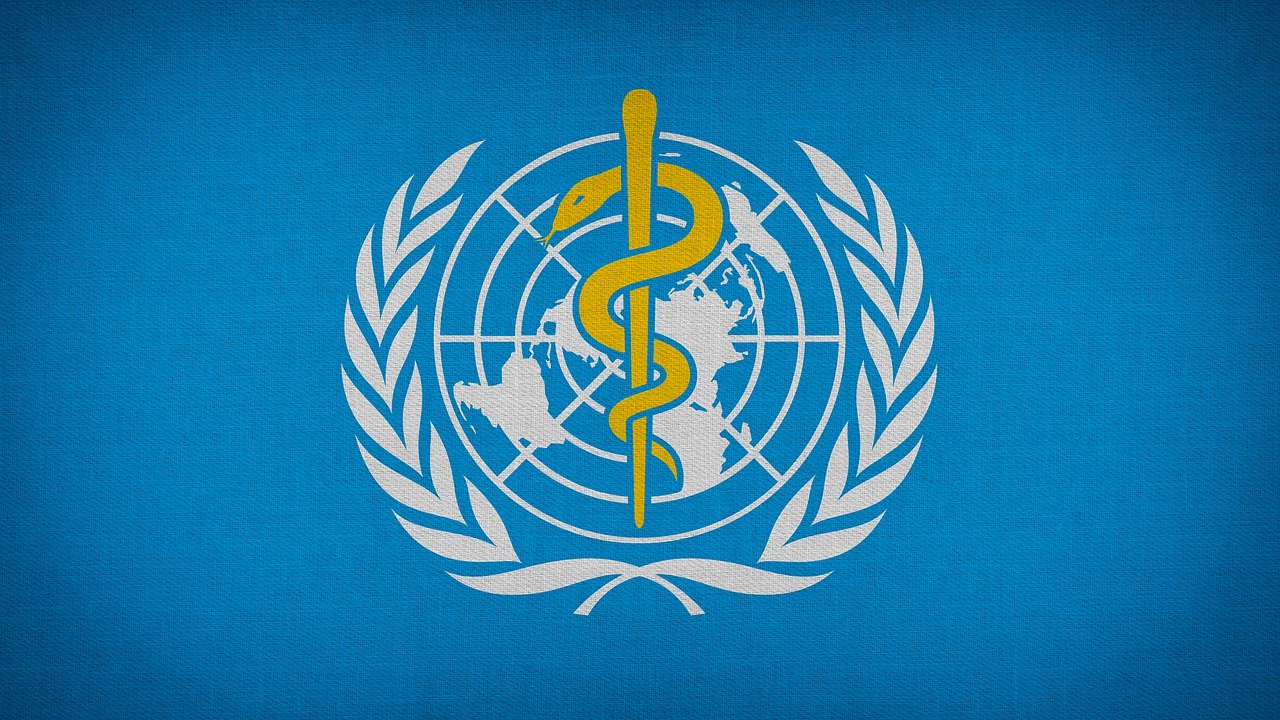
Experts Call For Global Initiative to Tackle Nitrogen Pollution
- News
- 1.7K
Experts participating in the World Environment Day summit here have called upon governments, industries, and farmers to come together to tackle the unsolved challenge of nitrogen pollution.
Prof. Mark Sutton, environmental physicist and Director of International Nitrogen Management System (INMS) which is an UN-backed global coalition promoting better management of the nitrogen cycle, regretted that there was little global action to tackle nitrogen pollution despite wide knowledge over its impact on human health and environment in the form of poor air and water quality and its contribution to climate change.

Prof. Mark Sutton
Besides the reduced use of nitrogen-based fertilizers across the world, he suggested, there should be a more effective recycling of existing nitrogen sources such as excrement and improvement in methods to recapture nitrogen oxides and turn them into nitrates, which could be used by the chemical industry for applications like production of fertilizer.
“Addressing nitrogen challenge requires pooling technical expertise. Given the trans-boundary nature of nitrogen pollution, international co-operation is also essential if we are to make substantial progress. We must build on joint endeavors, such as INMS while learning from the international experience of others,” Sutton said.
Prof. N.Raghuram, President of the Indian Nitrogen Group, noted, “as fertilizer, nitrogen is one of the main inputs to agriculture. But inefficiencies along the food chain resulting in wastage of about 80% of nitrogen, contributing to air and water pollution as well as greenhouse gas emissions. Timely scaling up of the recent initiatives of the Indian government towards improving nitrogen fertilizer use efficiency, rural toilets, sustainable fuels etc can moderate India’s nitrogen footprint on a scale that few countries can match.”

Prof. N.Raghuram
The session, “Nitrogen: Joining up for a Cleaner Environment”, was held as part of a World Environment Day dialogue series at Vigyan Bhavan here.
INMS was launched in December 2016 as a USD 60 million initiative, spearheaded by UN Environment, to support the development of international policy to improve global nitrogen management. In India, underpinning primary science to improved nitrogen use efficiency is being undertaken through an India-UK Virtual Joint Centre, funded by the Department of Biotechnology and UK’s Biotechnology and Biological Sciences Research Council.
The India Nitrogen Group recently came out with the first-ever assessment of various aspects of the issue within the country. Co-led by Prof. Raghunath, the report, among other things, showed chemical fertilizers accounted for over 77 percent of all agricultural Nitrous Oxide emissions in the country and most of the fertilizers (over 70%) went into the production of cereals, particularly rice and wheat.
Some significant developments are expected next year as members of the South Asia Co-operative Environment Programme, with the support of INMS, have developed a draft Nitrogen Resolution for submission to the fourth session of the UN Environment Assembly in Nairobi in March 2019. It calls on UN Environment to develop a coherent framework for better management of the global nitrogen cycle. (India Science Wire)
By Sunderarajan Padmanabhan
For the latest Science, Tech news and conversations, follow Research Stash on Twitter, Facebook, and subscribe to our YouTube channel


